Speakers
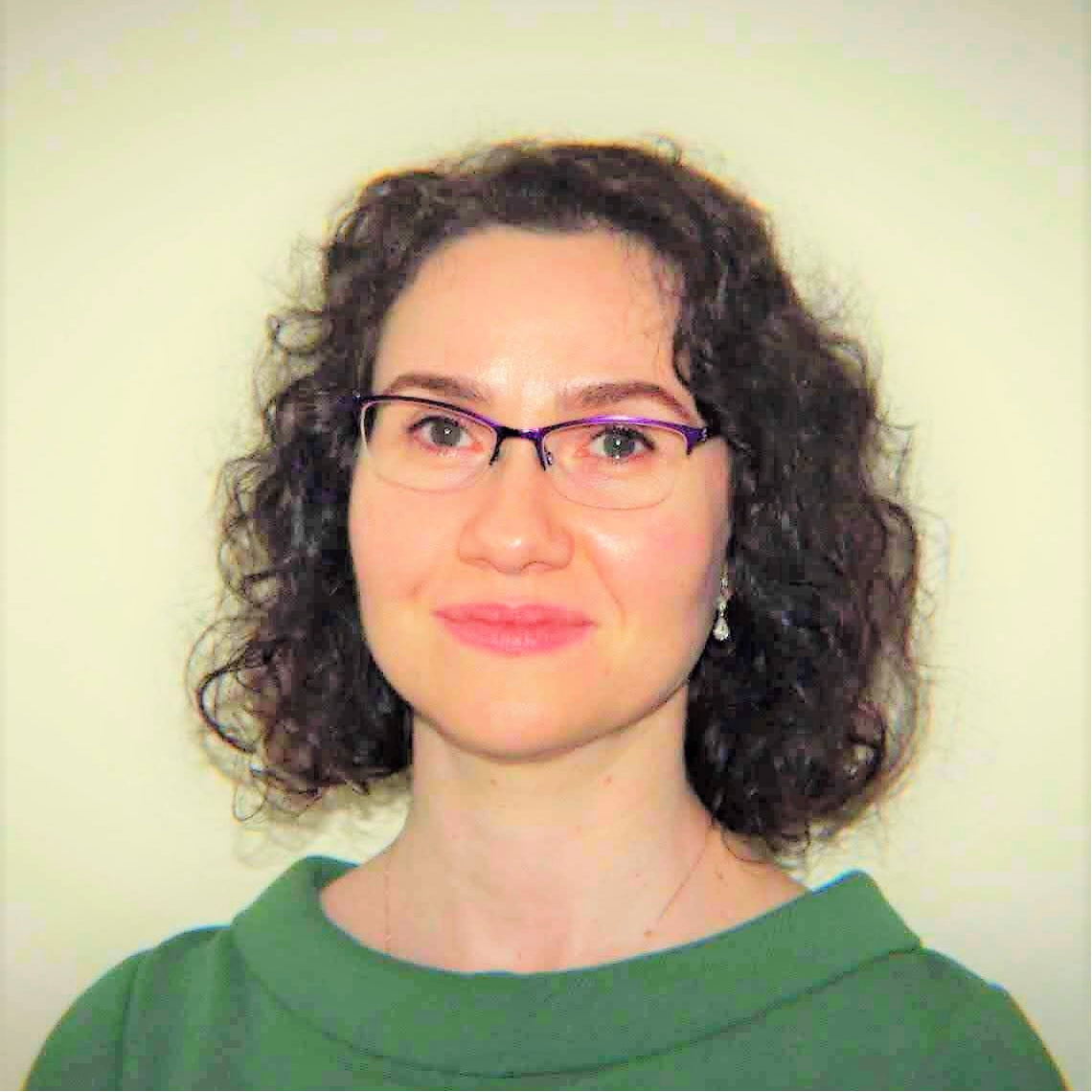
Ella Haig, Ph.D.
Dr Ella Haig is currently an Associate Professor in Artificial Intelligence in the School of Computing at the University of Portsmouth. She holds a Masters by Research from National College of Ireland and a PhD from Birkbeck College, University of London; she was a visiting researcher at the Ecole Polytechnique Fédérale de Lausanne (EPFL), Switzerland. Her research is on human-centred Artificial Intelligence, through the use of data to understand human behaviour and support decision-making. She has over 120 publications in peer-review journals and conferences, as well as two research monographs and three edited volumes. She received the 2010 Best PhD Student Paper Award at the 14th International Conference on Knowledge-Based and Intelligent Information & Engineering Systems, and the 2018 Best Paper Award at the 17th IEEE International Symposium on Network Computing and Applications (IEEE NCA). She is an IEEE Member and is part of the Editorial Board for the User Modeling and User-Adapted Interaction (UMUAI) journal and the Engineering Applications of Artificial Intelligence (EAAAI) journal.
Title of Speech: AI at the crossroads: Challenges and opportunities
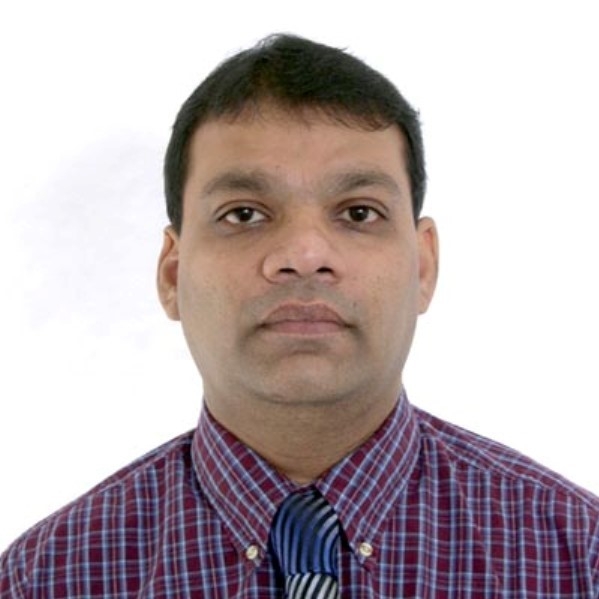
Derek Mohammed, Ph.D.
Derek Mohammed holds the academic rank of full Professor in Cybersecurity, in the College of Computing, Artificial Intelligence, Robotics and Data Science at Saint Leo University. Dr. Mohammed is the founding Director of the Center for Cybersecurity Education at Saint Leo University. Dr. Mohammed has over twenty-five years of professional and academic experience in the information systems field. Dr. Mohammed holds several industry certifications, which include CISSP, CISA, CISM, and PMP. Dr. Mohammed is a reviewer for the Journal of Information Security: A Global Perspective. His research interest includes Cybersecurity, Network Security, and Cyber Risk and Compliance.
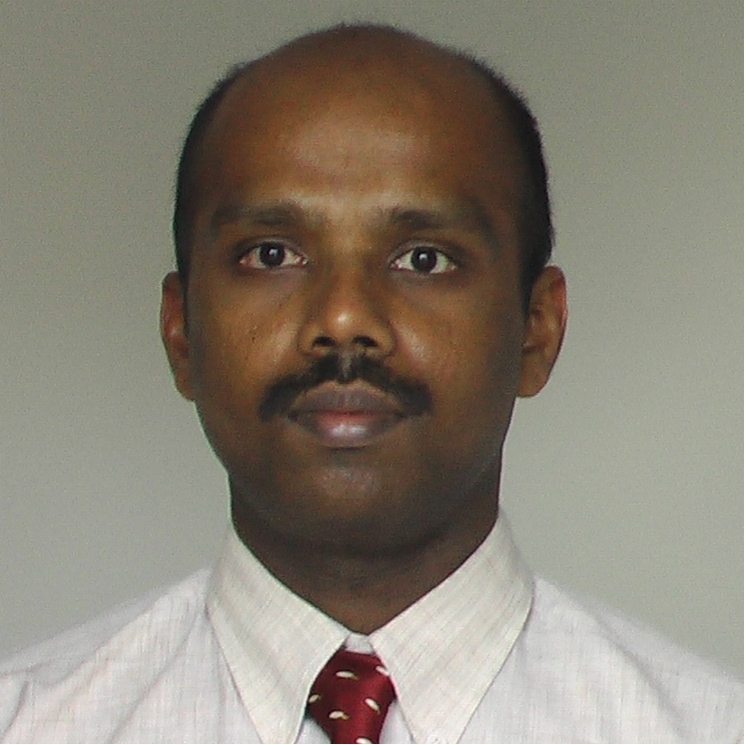
Anil Fernando, Ph.D.
Prof. Anil Fernando received his PhD in video processing from the University of Bristol-UK in 2001 and MSc in telecommunications from the Asian Institute of Technology-Thailand in 1997 and BSc(Honours-First Class) from the University of Moratuwa-Sri Lanka in 1995. He joined the Department of Computer and Information Sciences, University of Strathclyde, UK in August 2021 as a professor in video coding and communications and currently leading the video communications research group. Prior to that he has been in the University of Surrey, Brunel University in UK and the Asian Institute of Technology in Thailand as an associate and assistant professor. He has a very strong research and academic profile and is a world leading expert on video processing, coding and communications. He has published more than 400 international refereed journal and conference publications mainly in IEEE. He graduated more than 100 PhD students in video processing and communications and is currently supervising over 15 PhD students. Due to his major contributions to the video communications research, he was invited by many IEEE leading conferences in disseminating his research to a wider community through plenary, keynote and invited talks at professional meetings, workshops and conferences. His work has been highly recognised by the international research community and has won IEEE International Shall award and NAB 2020 award.
Title of Speech: Scalable image transmission using semantic communication enable autoencoders
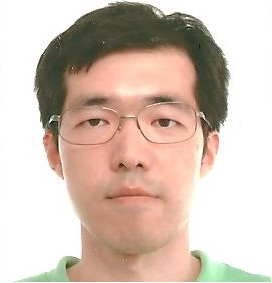
Yilun Shang, Ph.D.
Dr. Shang received B.S. and Ph.D. degrees in mathematics from Shanghai Jiao Tong University, China, in 2005 and 2010, respectively. He was a Postdoctoral Fellow with University of Texas at San Antonio, Singapore University of Technology and Design, and Hebrew University of Jerusalem from 2010 to 2014. He was an Associate Professor with Tongji University and an International Visiting Fellow with University of Essex. Currently, he is an Associate Professor with Northumbria University. Dr. Shang's research interests include complex networks, complex systems, applied probability, algebra and combinatorics, algorithms and computation. He is a recipient of 2016 Dimitrie Pompeiu Prize, 2018 Energies Best Paper Award, and 2022 Outstanding Associate Editor Award of IEEE Access. He is an editor for some international journals including Scientific Reports, Research in Mathematics, and Heliyon.
Title of Speech: Scaled consensus of switched multi-agent systems
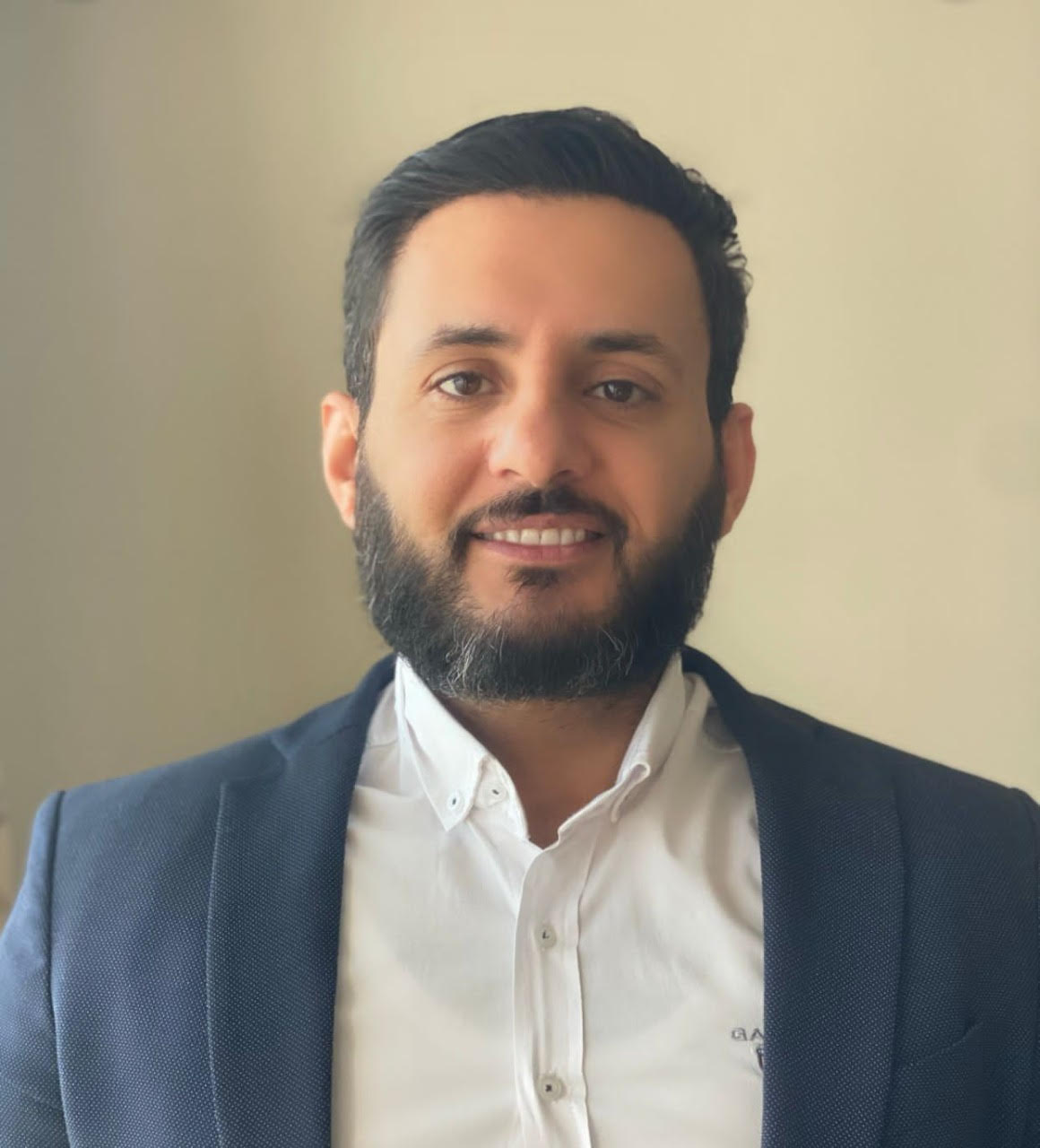
Yazeed Ghadi, Ph.D.
Dr. Yazeed Ghadi, Senior Member, IEEE, is a distinguished researcher and academic in the field of computer engineering and computer science. He earned his Ph.D. degree from Queensland University, where his groundbreaking research on developing hybrid plasmonic-photonic on-chip biochemical sensors earned him the prestigious Sigma Xi Best Ph.D. Thesis Award.
Currently serving as an Associate Professor of Computer Science at Al Ain University, Dr. Yazeed brings a wealth of expertise and experience to his role. Prior to joining Al Ain University, he worked as a Postdoctoral Researcher at The University of Queensland, further expanding his knowledge and contributing to cutting-edge research in his field.
Dr. Yazedd has an impressive publication record, with over 100+ peer-reviewed journals and conference papers to his credit. His research contributions extend beyond publications, as he holds three pending patents, showcasing his innovative thinking and commitment to advancing technology.
With a focus on developing novel electro-acoustic-optic neural interfaces for large-scale high-resolution electrophysiology and distributed optogenetic stimulation, Dr. Yazeed's current research interests align with the forefront of scientific exploration. His groundbreaking work has earned him recognition through various awards, underscoring his exceptional contributions to the field of electrical and computer engineering.
In summary, Dr. Yazeed is an esteemed professional who has made significant contributions to academia and research. His dedication, expertise, and commitment to advancing knowledge make him a valuable asset in the field of electrical and computer engineering.
Title of Speech: Internet of things (IoT)
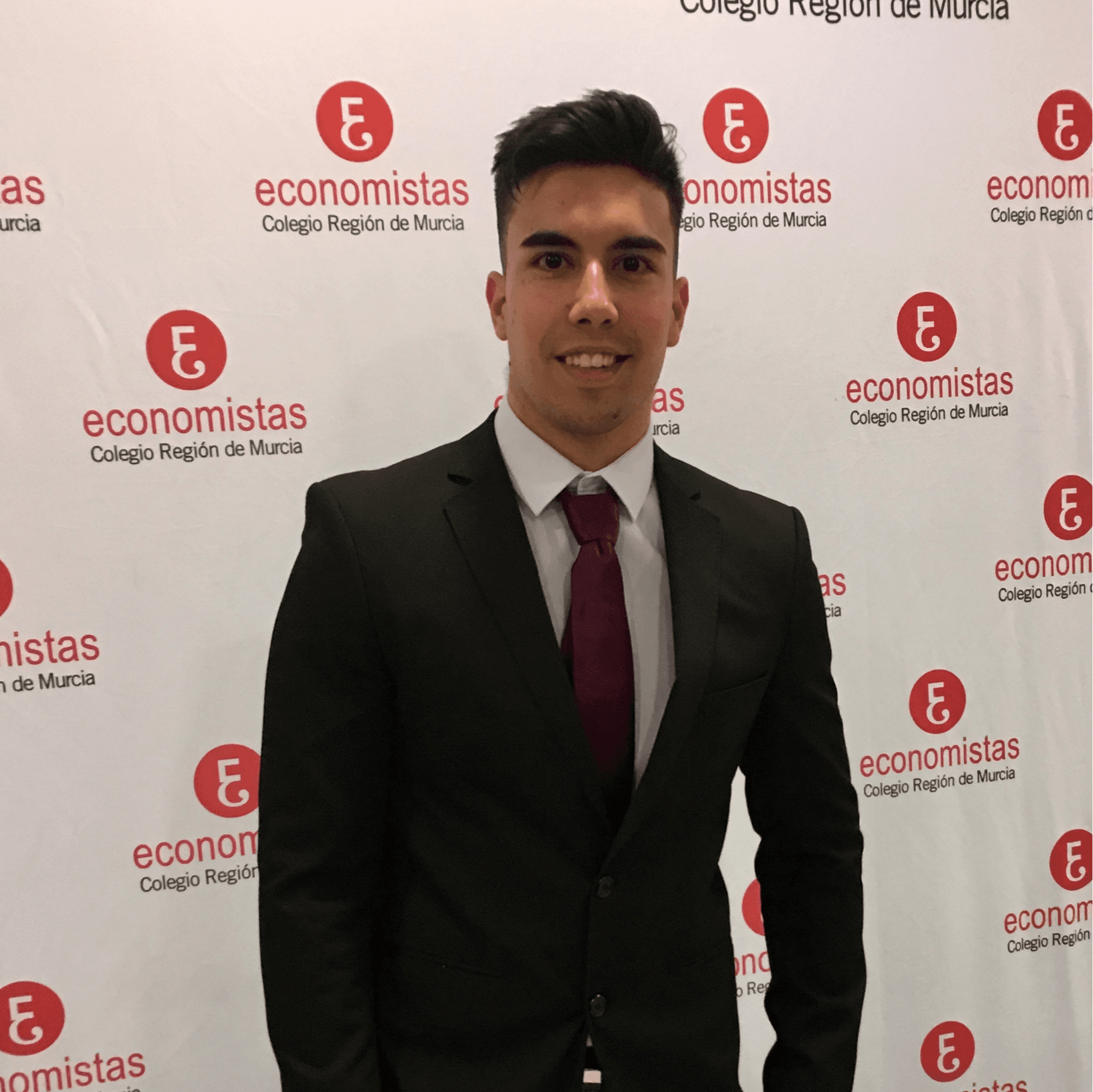
Javier Cifuentes-Faura, Ph.D.
Javier Cifuentes-Faura works in the Department of Financial Economics and Accounting at the University of Murcia (Spain). He graduated in Business Administration and Management from the University of Murcia with the Extraordinary End of Degree Award and the best grade of the promotion. He has completed postgraduate studies such as the Master in Business Administration MBA and the Master in Commercial and Marketing Management at the European Business School of Barcelona, both with Cum Laude recognition for academic excellence. He has been awarded the "Economics and Business 2018" prize by the Official Association of Economists. His lines of research include those related to public administration and economics, business, education, and those related to sustainability and environment. He is a member of the work plan of the EDINSOST2 project: Integration of sustainable development objectives in sustainability education in Spanish university degrees. He has published in JCR and Scopus impact journals, such as Educational Review, Social Indicators Research, Evaluation Review or Journal of Policy Modeling. He has participated in several international conferences, being invited to some of them as keynote speaker.
Title of Speech: Mathematical modelling as an epidemiological tool to enhance modelling of the social and economic impact of the pandemic
Previous Speakers
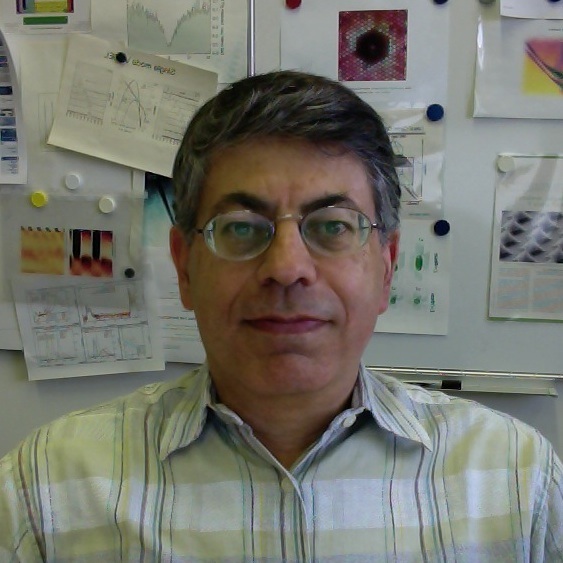
Eli Kapon, Ph.D.
Eli Kapon received his Ph.D. in physics from Tel Aviv University, Israel in 1982. He then spent two years at the California Institute of Technology, Pasadena, as a Chaim Weizmann Research Fellow, where he worked mainly on phase-locked arrays of semiconductor lasers. From 1984 till 1993 he was with Bellcore, New Jersey, first as member of technical staff, and from 1989 as District Manager. At Bellcore, he worked on integrated optics in III-V compounds and on low-dimensional semiconductor nanostructures, particularly quantum wires and quantum dots. He managed the Quantum Structures District and the Integrated Optoelectronics District at Bellcore from 1989 till 1992 and from 1992 till 1993, respectively. In 1993 he was appointed Professor of Physics of Nanostructures at the Physics Department of the Swiss Federal Institute of Technology in Lausanne (EPFL), where he heads the Laboratory of Physics of Nanostructures. In 1999-2000 he spent his sabbatical as Sackler Scholar at the Mortimer and Raymond Sackler Institute of Advanced Studies in Tel Aviv University, Israel. During that period he helped establishing the Tel Aviv University Center for Nanoscience and Nanotechnology and served as its first Director from 2000 to 2002. In 2001 he founded the start up BeamExpress and has been serving as its Chief Scientist. He is currently serving as Director of the Institute of Quantum Electronics and Photonics in the Faculty of Basic Sciences at EPFL. His research interests include self-organization of nanostructures, optical properties and electron transport in low-dimensional quantum structures, quantum wire and quantum dot lasers, photonic crystals and vertical cavity surface emitting lasers. He is author or co-author of >300 journal articles, >10 patents, and editor of two books on semiconductor lasers. Prof. Kapon is Fellow of the Optical Society of America, the Institute of Electrical and Electronics Engineers, and the American Physical Society of America, and a recipient of a 2007 Humboldt Research Award.
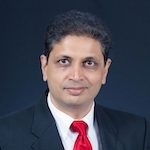
Sanjay Ranka, Ph.D.
Sanjay Ranka is a Distinguished Professor in the Department of Computer Information Science and Engineering at University of Florida. From 1999-2002, as the Chief Technology Officer at Paramark (Sunnyvale, CA), he developed a real-time optimization service called PILOT for marketing campaigns. Sanjay has also held positions as a tenured faculty member at Syracuse University, academic visitor at IBM and summer researcher at Hitachi America Limited. He is a fellow of the IEEE, AAAS and AAIA (Asia-Pacific Artificial Intelligence Association) and a past member of IFIP Committee on System Modeling and Optimization. He won the 2020 Research Impact Award from IEEE Technical Committee on Cloud Computing. He is an associate editor-in-chief of the Journal of Parallel and Distributed Computing and an associate editor for ACM Computing Surveys, IEEE/ACM Transactions on Computational Biology and Bioinformatics, Sustainable Computing: Systems and Informatics, Knowledge and Information Systems, and International Journal of Computing. Additionally, he is a book series editor for CRC Press for Bigdata. He has coauthored one book, four monographs, 300+ journal and refereed conference articles. His work has received 14,500+ citations with an h-index of 61 (based on Google Scholar). He has consulted for several startups and Fortune 500 companies.
The focus of his current research is the development of efficient computational methods and data analysis techniques to model scientific phenomenon, and practical applications of focus are improvements to the quality of healthcare and the reduction of traffic accidents. A core aspiration of his research is to develop novel algorithms and software that make an impact on the application domain, exploiting the interdependence between theory and practice of computer science.
Title of Speech: Edge Based AI for Smart Transportation
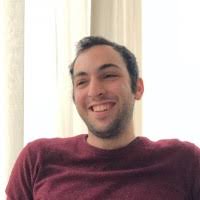
Tommaso Cremaschi, Ph.D.
Tommaso Cremaschi is an Assistant Professor (RTPC) of Mathematics in Department of Mathematics at University of Southern California. He was a Viterbi Post-Doc at MSRI at the program: Random and Arithmetic Structures in Topology. Before that he got the PhD at Boston College. He is interested in low dimensional topology. In particular he has been studying hyperbolic 3-manifolds with non-finitely generated fundamental group. He is also interested in higher Teichmüller Theory and counting problems on surfaces.
Title of Speech: Volume of Random Geodesic Complements
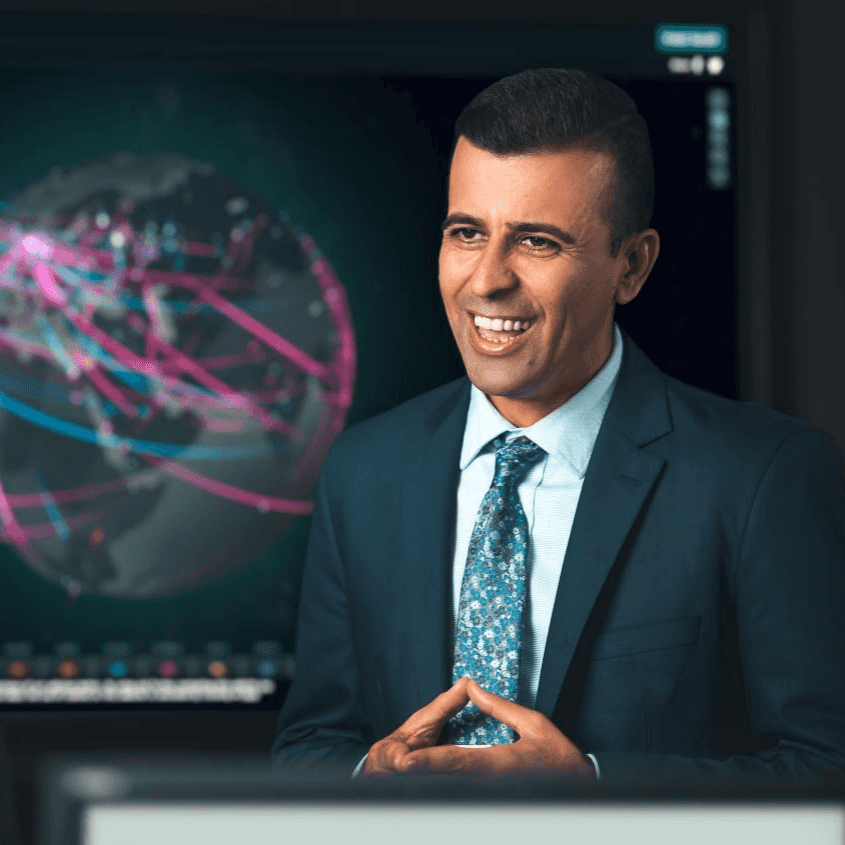
Marwan Omar, Ph.D.
Dr. Omar's Academic career has consistently focused on applied, industry-relevant cyber security, Data Analytics, machine learning, application of AI to cyber security and digital forensics research and education that delivers real-world results. He brings a unique combination of industry experience as well as teaching experience gained from teaching across different cultures and parts of the world. He has an established self-supporting program in machine learning application to cyber security. He has established a respectable research record in AI and cyber security exemplified in the dozens of published papers and book chapters that have gained recognition among researchers and practitioners (more than 272 Google scholar citations thus far). He is actively involved in graduate as well as undergraduate machine learning education including curriculum development and assessment. Dr. Omar has recently published two books with Springer on Machine Learning and Cyber Security and has also published research with IEEE conference on Sematic Computing. Additionally, Dr. Omar hold numerous industry certifications including Comptia Sec+, ISACA CDPSE, EC-Council Certified Ethical Hacker, and SANS Advanced Smartphone Forensics Analyst. Dr. Omar has been very active academia and the industry and he is currently serving as an associate professor of cyber security at Illinois Institute of Technology.
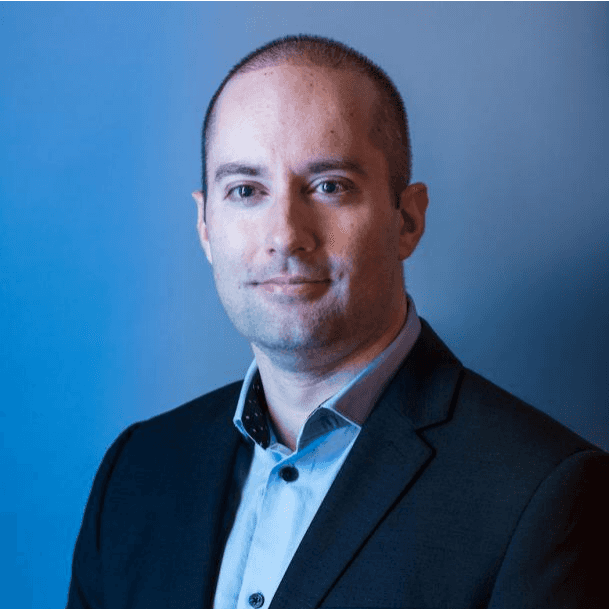
Roman Bauer, Ph.D.
Roman received his Bachelor's and Master's Degree in Computational Science and Engineering from ETH Zuerich, Switzerland. Afterwards, he did his doctoral studies at the Institute for Neuroinformatics (INI) at ETH Zürich and University of Zürich, working on simulations of cortical development. He then joined Newcastle University in September 2013 as a postdoctoral research associate and afterwards started his MRC fellowship project in September 2016 as an independent principal investigator. In June 2018 he took up an EPSRC UKRI Innovation Fellowship at the School of Computing and a joint affiliation with the Institute of Genetic Medicine, both at Newcastle University. In August 2020 he then became a lecturer at the Department of Computer Science, University of Surrey.
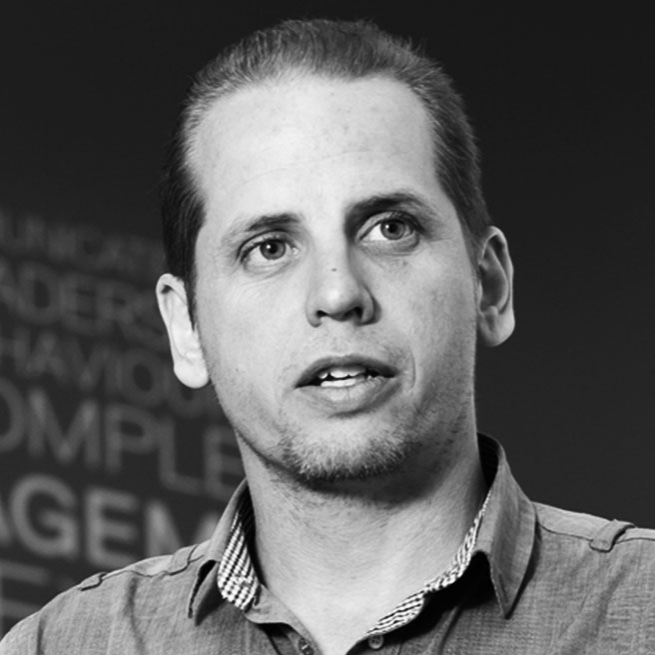
Michael Harre, Ph.D.
Dr. Harre's research combines the psychology of decision theory with artificial intelligence to understand complex social dynamics. Currently he's working on how to replicate a 'theory of mind' for AI and how AI communities co-create knowledge and can cooperate with humans. More generally Dr. Harre is interested in the psychology of AI: how can we use what we know of the mesoscopic scale of human cognition to advance our understanding of machine intelligence, i.e. beyond what is being done at the micro-scale of modelling neurons. He also has extensive experience in agent based modelling, economics, big data analytics, and game non-linear dynamics.
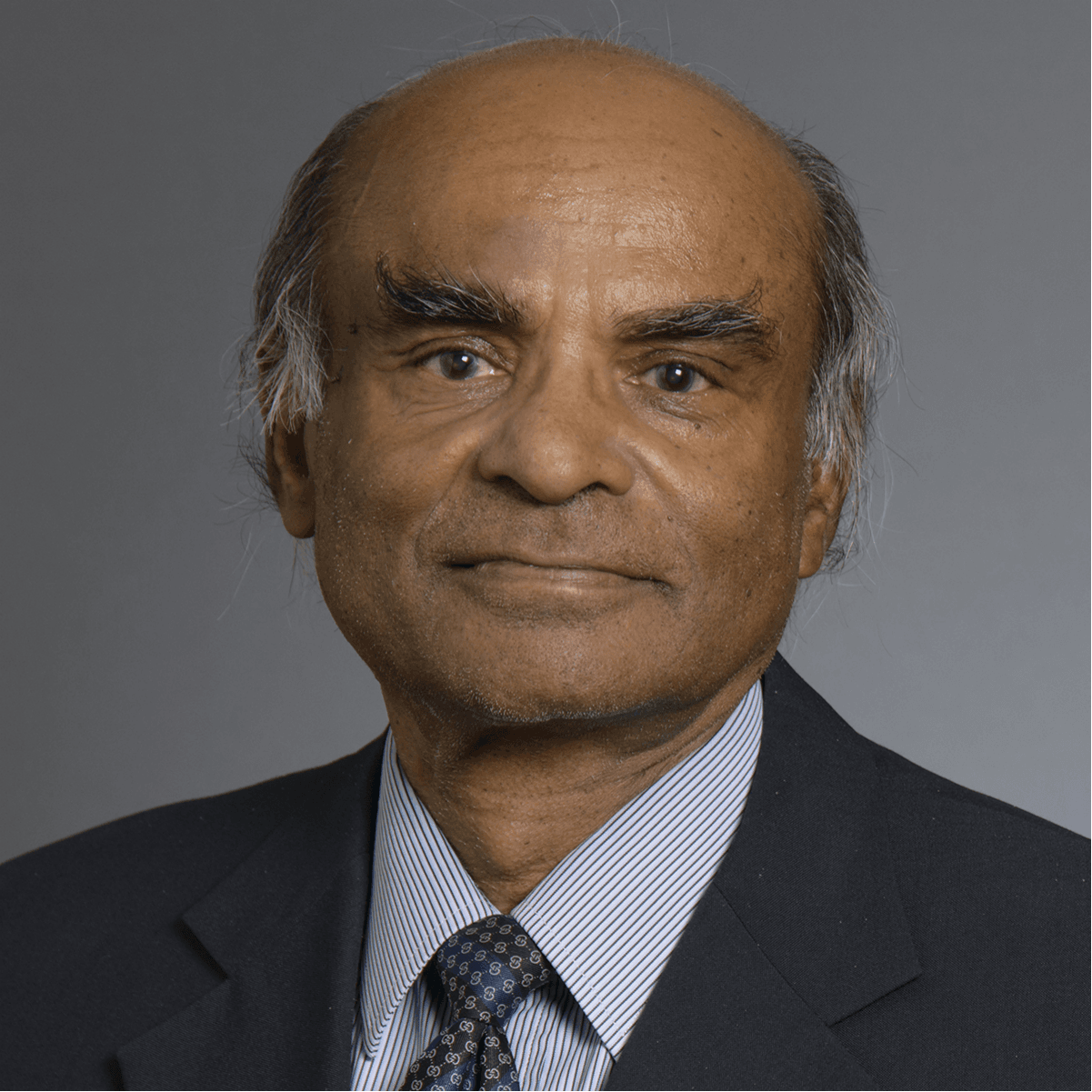
Achintya Haldar, Ph.D.
Dr. Achintya Haldar is active in the related areas of this presentation for over four decades and has published extensively. He taught at Illinois Institute of Technology, Georgia Institute of Technology, and now at the University of Arizona. He was a Guest Professor at the University of Tokyo, Visiting Professor at the IISc -Bangalore, IIT - Kanpur, Hong Kong University of Science & Technology, Technical University of Ostrava, Czech Republic, Honorary Distinguished Visiting Professor at BESU. He also worked Engineers India Ltd, New Delhi and Bechtel Power Corp, Los Angeles. Dr. Haldar has published over 640 technical articles (Google Scholar), including 12 books (edited included), and 38 book chapters. Dr. Haldar is a Distinguished Member of ASCE and a Fellow of SEI. He also received Lifetime Achievement Award from the Society for Reliability and Safety and an Honorable Diploma from the Czech Society for Mechanics. He received the highest teaching award from the University of Arizona and inducted in to Teaching Excellence Award Wall, Georgia Tech. He received many research awards including from President Reagan, ASCE's Huber Civil Engineering Research prize, and John C. Park Outstanding Civil Engineer Award. He received Excellence in Research Journal Award, IGI Global; Certificate of Recognition from Universidad de Cartagena, Colombia; Polis University, Albania; EuroSciCon, France; Euro Congress, London; Certificate of Appreciation, Taishan Academic Forum on Structural Safety and Reliability Assessment, China; and Honorable Recognition Award from ASME.

Emanuel Indrei, Ph.D.
Emanuel Indrei is an Assistant Professor of Mathematics at Purdue University. He received his Ph.D. from the University of Texas at Austin in 2013 under the direction of Alessio Figalli. He was a Postdoctoral Fellow at the Australian National University, a Huneke Postdoctoral Scholar at the Mathematical Sciences Research Institute in Berkeley, and a PIRE Postdoctoral Associate at Carnegie Mellon University. The main themes in his research are nonlinear PDEs, free boundary problems, and geometric & functional inequalities. In the last few years, he solved the non-transversal intersection conjecture, Almgren's problem in two dimensions, and he made progress towards the Polya-Szego conjecture.
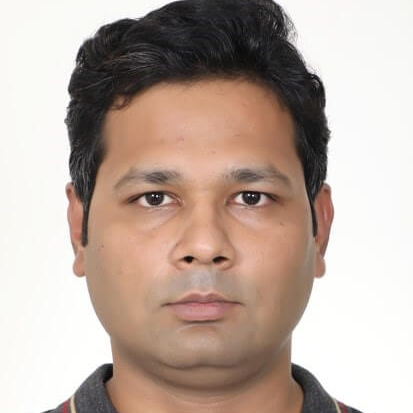
Bhupesh Kumar, Ph.D.
Bhupesh Kumar is currently working as a Postdoctoral Researcher in the School of Physics and Astronomy, at the University of St-Andrews, Scotland, UK. He completed his first postdoctoral studies in May 2020 as a PBC Postdoctoral fellow at Bar-Ilan University, Israel, where he played a leading role in the development of a complex experiment set up to study active control of 1D disorder gain media (Random laser), Impact of Non-Hermiticity and Nonlinear Interactions on Disordered-Induced Localized Modes, 1D and 2D solid-state tunable random laser. He has expertise in the subject of light localization, disorder photonics (1D, 2D), wave propagation in disorder media, and adaptive optics. He has completed his Ph.D. from IISER, Mohali, India, where he worked on large angle twist properties of spider silks using optical diffraction technique and Raman spectroscopy.
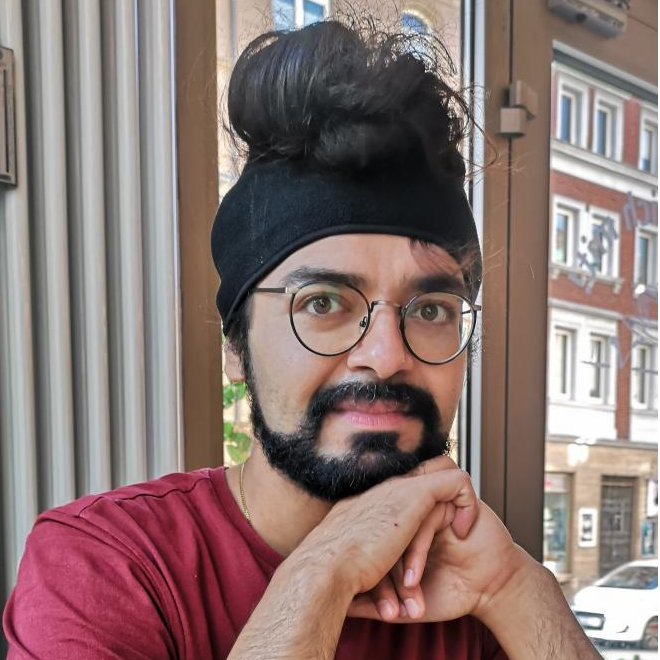
Bismark Singh, Ph.D.
Bismark Singh is an Assistant Professor in the Operational Research group within the School of Mathematical Sciences at the University of Southampton, UK. He received his habilitation in mathematics (2023), from the Friedrich-Alexander-Universität Erlangen-Nürnberg, Germany in 2023 where he worked from 2019 to 2022. He received his PhD and MS degrees in operations research from The University of Texas at Austin, US in 2016 and 2013, respectively, and a BTech degree in chemical engineering from the Indian Institute of Technology (IIT) Delhi. From 2016 to 2019, he worked at the Discrete Math & Optimization group at Sandia National Laboratories, US, as a postdoctoral appointee. In 2017, he was a postdoc in the Institute of Operations Research, Karlsruhe Institute of Technology (KIT), Germany. Bismark's work has been funded as a PI on grants by several agencies, including the US Department of Energy's Laboratory Directed Research & Development program, the German Research Foundation (DFG), the European Open Science Cloud by the Horizon 2020 program, and the Scientific and Technological Research Institution of Turkey (TÜBİTAK).
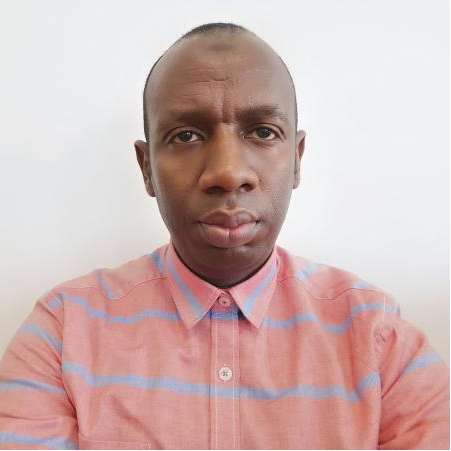
Abdullahi Arabo, Ph.D.
Dr. Arabo is a highly accomplished Senior Lecturer in Computer Networks and Mobile Technology at the University of the West of England. He has received numerous accolades, including the "Most Dedicated Cyber Professional Development Educator (UK)" award from the AI 2020 cyberSecurity Awards, induction into the UWE Black Hall of Fame, and the UWE winner of the NFT awards 2022. Dr. Arabo has an extensive background in research and development, teaching, and consultancy roles within the field of Network Security, Security of System-of-Systems composition, Mobile ad-hoc networks, ubiquitous computing, Cyber Security, Smart Device Security, and Identity Management. He has successfully led the development of an MSc Cyber Security program that has been certified by the National Cyber Security Centre UK (NCSC) and generated an income of over £2M per year. He has a sustained record of both internal and external funding for providing solutions for effective teaching and learning totalling over £1M. Additionally, he strategically led the three main pieces of evidence UWE recognition as a Centre of Excellence in Cyber Security, the Cyber Security Research Unit (CSRU), and UnlockCyber. Dr. Arabo is also a Senior Fellow of the Higher Education Academy (SFHEA).